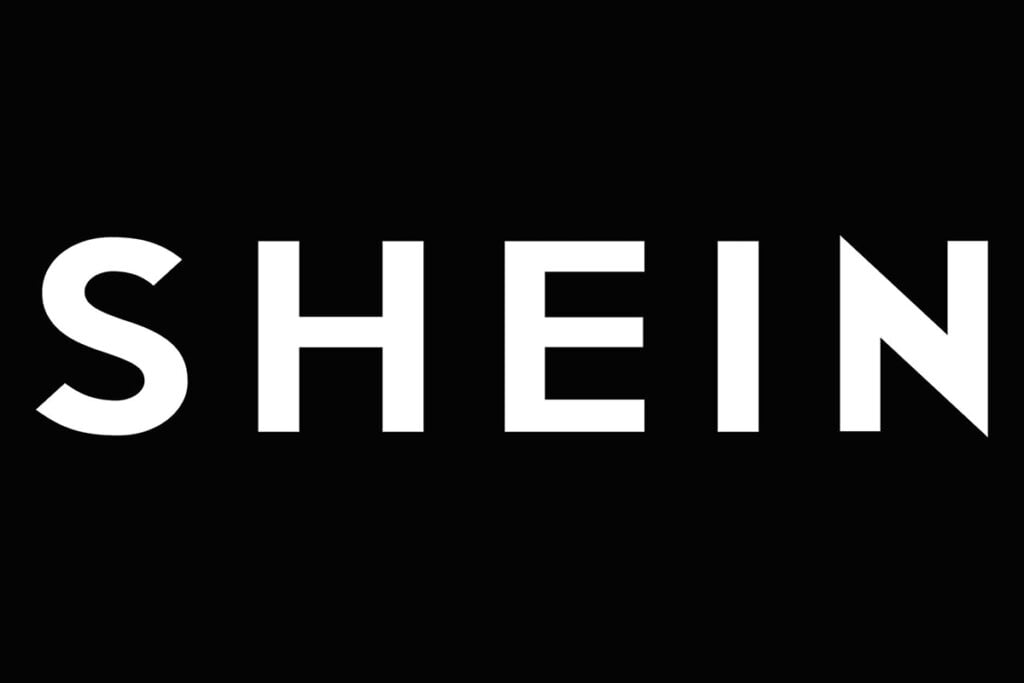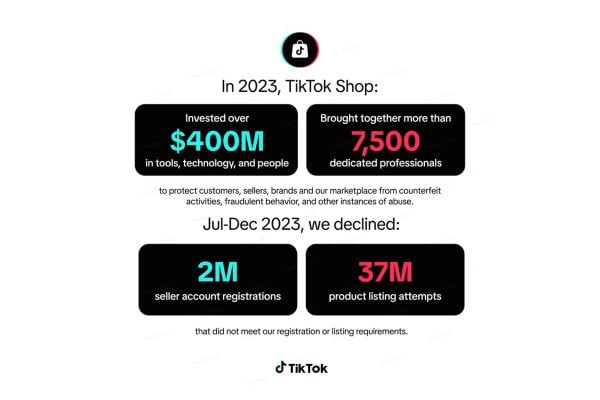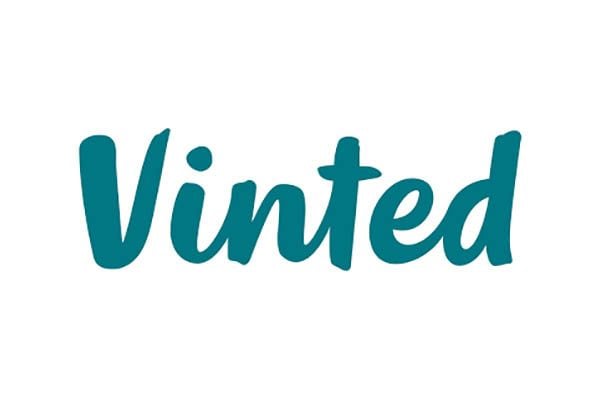Shein, the fast fashion ecommerce platform that has taken shopping by storm and already operating a resale marketplace for US consumers may become a fully fledged marketplace in 2023.
According to a memo seen by the WSJ, Shein said “The marketplace platform makes available a range of additional merchandise and shipping options, and we expect it to result in increased customer engagement and satisfaction”
There are a number of advantages for the company who operate by adding some 6k items a day to their site in small quantities (1 to 200 items per line) and then re-ordering in quantity those which prove popular, but perhaps the biggest is the ability to diversify from Fast Fashion which is fast becoming less popular as consumers consider the environmental impact of their purchasing habits, coupled with constrained spending from the current economic situation.
With close to 45 million online customers, Shein would be default become one of the world’s biggest marketplaces facing stiff competition from Amazon, eBay and Alibaba but would open revenue streams it could tap into without the heavy investment of constantly producing new product lines.
Diversification into home appliances, pet products and cosmetics are already underway, but a marketplace would instantly boost this horizontal expansion as third party retailers fill the platform with product at zero stock investment cost to Shein under the marketplace model coupled with potentially higher commission fees rolling in than profits on 1st party manufacture.
Already operating in 150 countries, Shein would be a worldwide marketplace and so should be of interest to brands and retailers who have already invested in the third party platform operations as it would be a natural extension of their ecommerce activity. The only reason a business might hold back is to wait for robust integrations with third party management tools to ensure their business operations are streamlined without massive investment to manage a single new marketplace.









